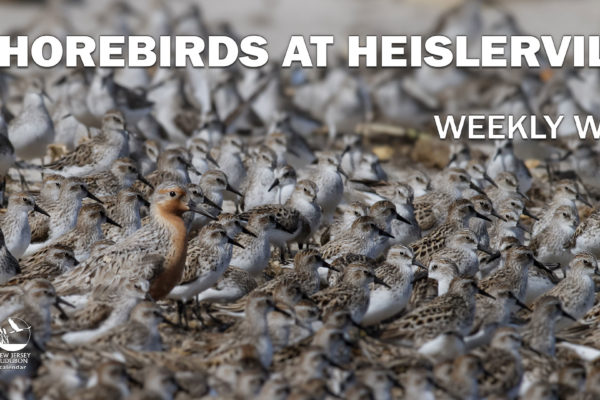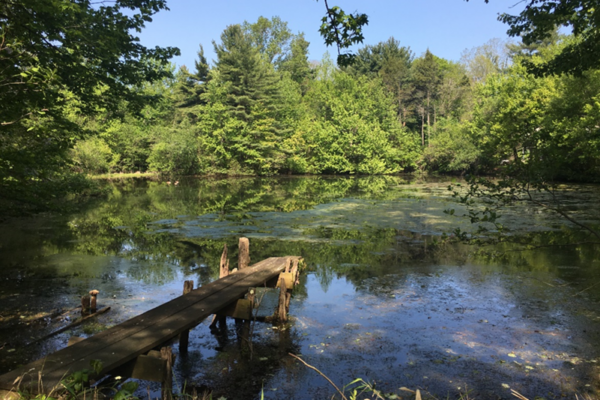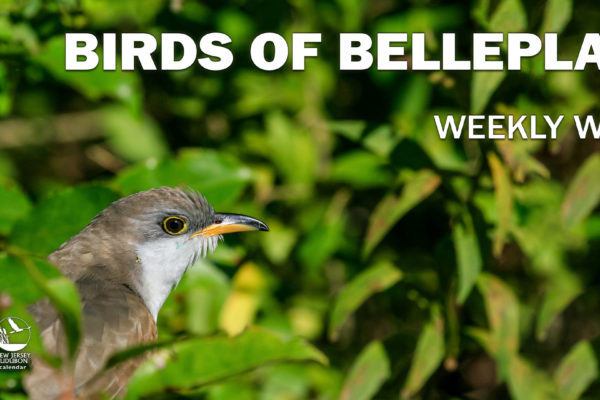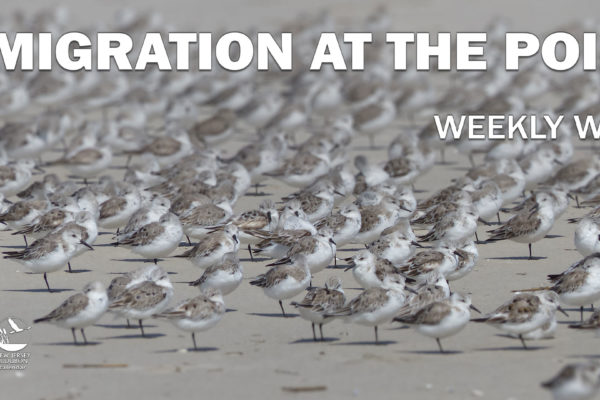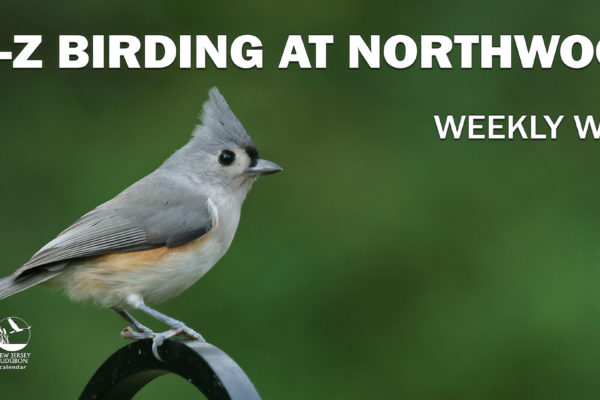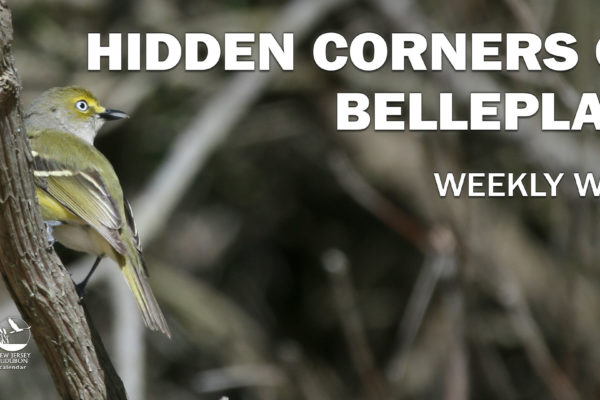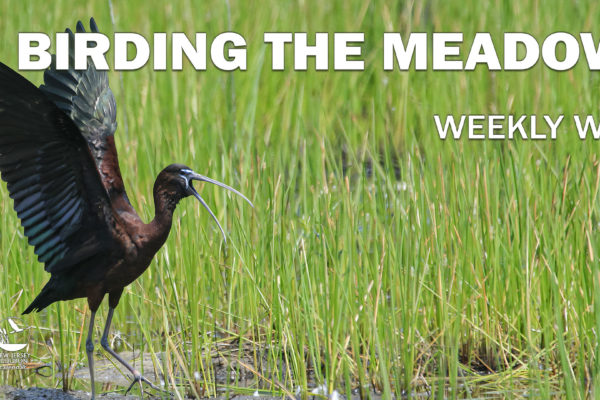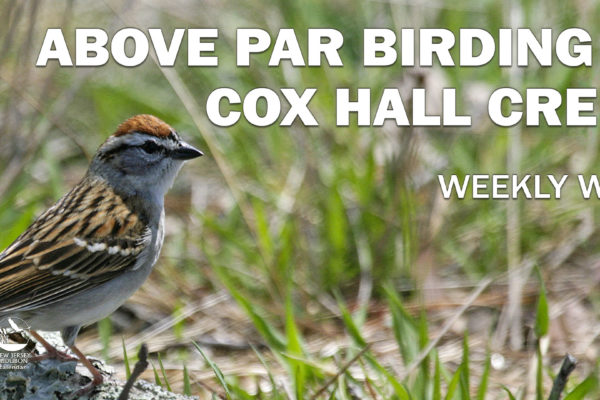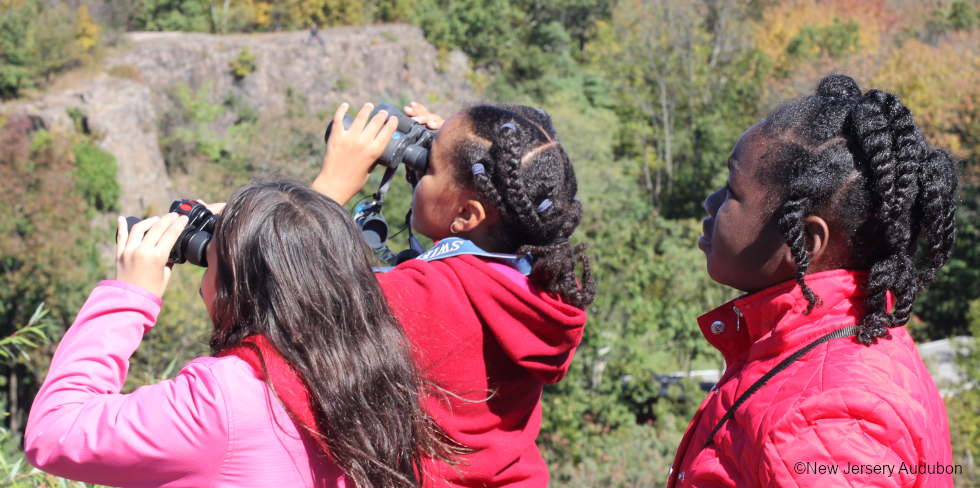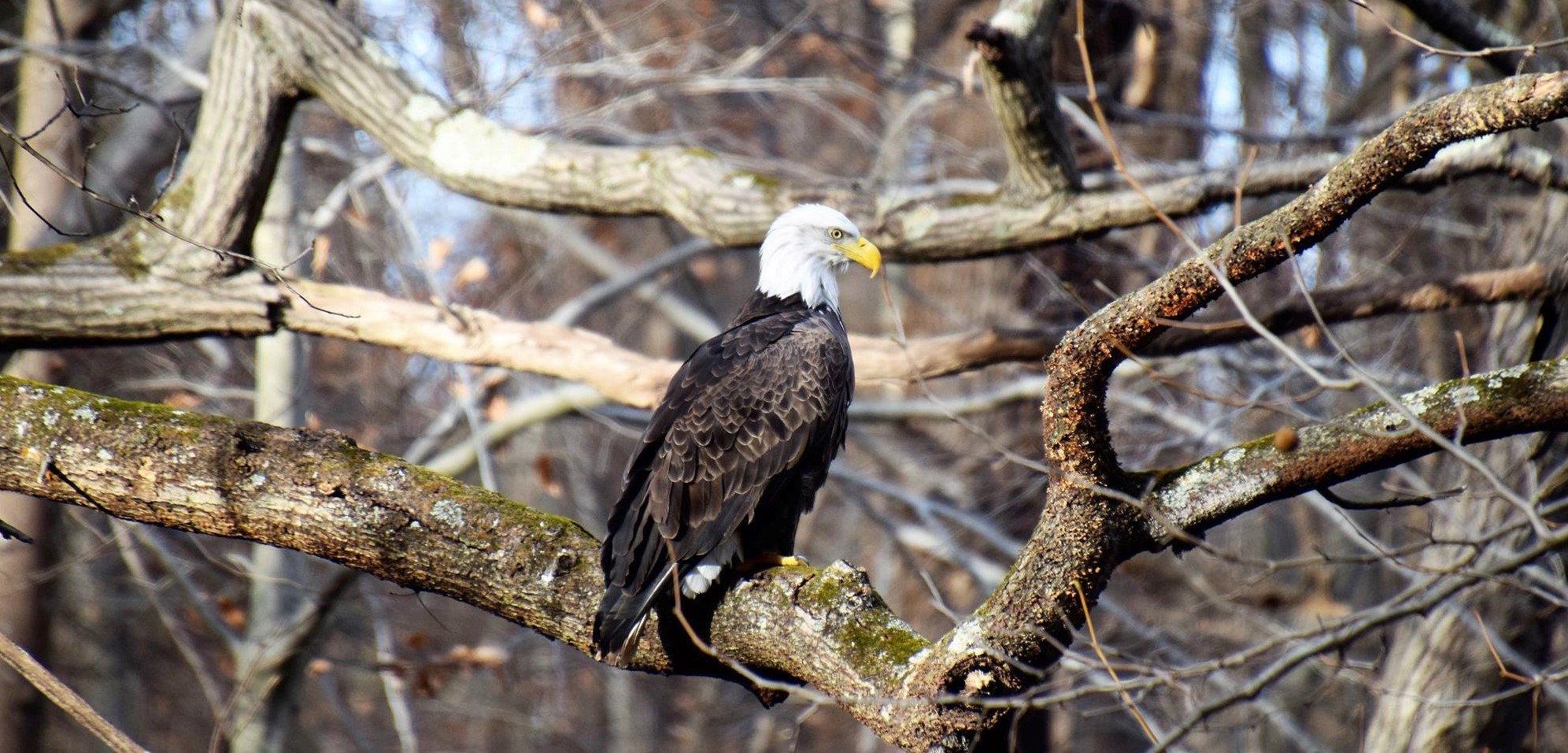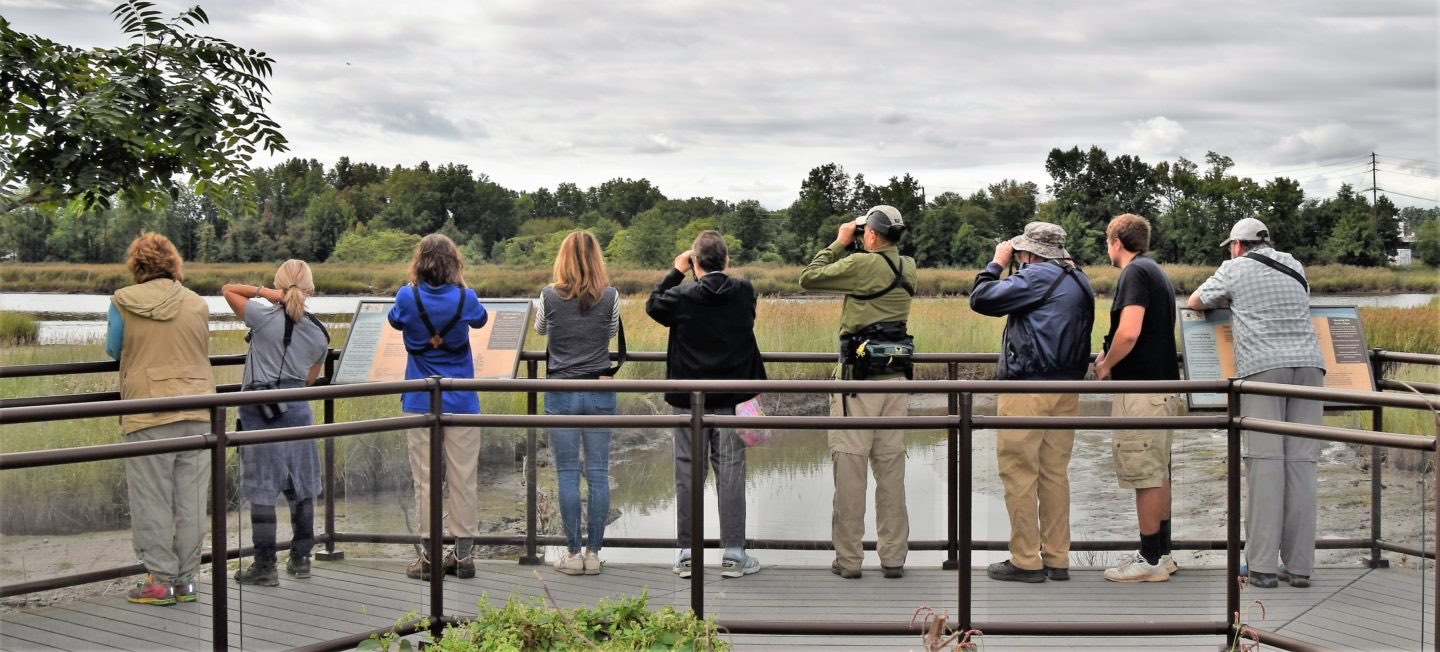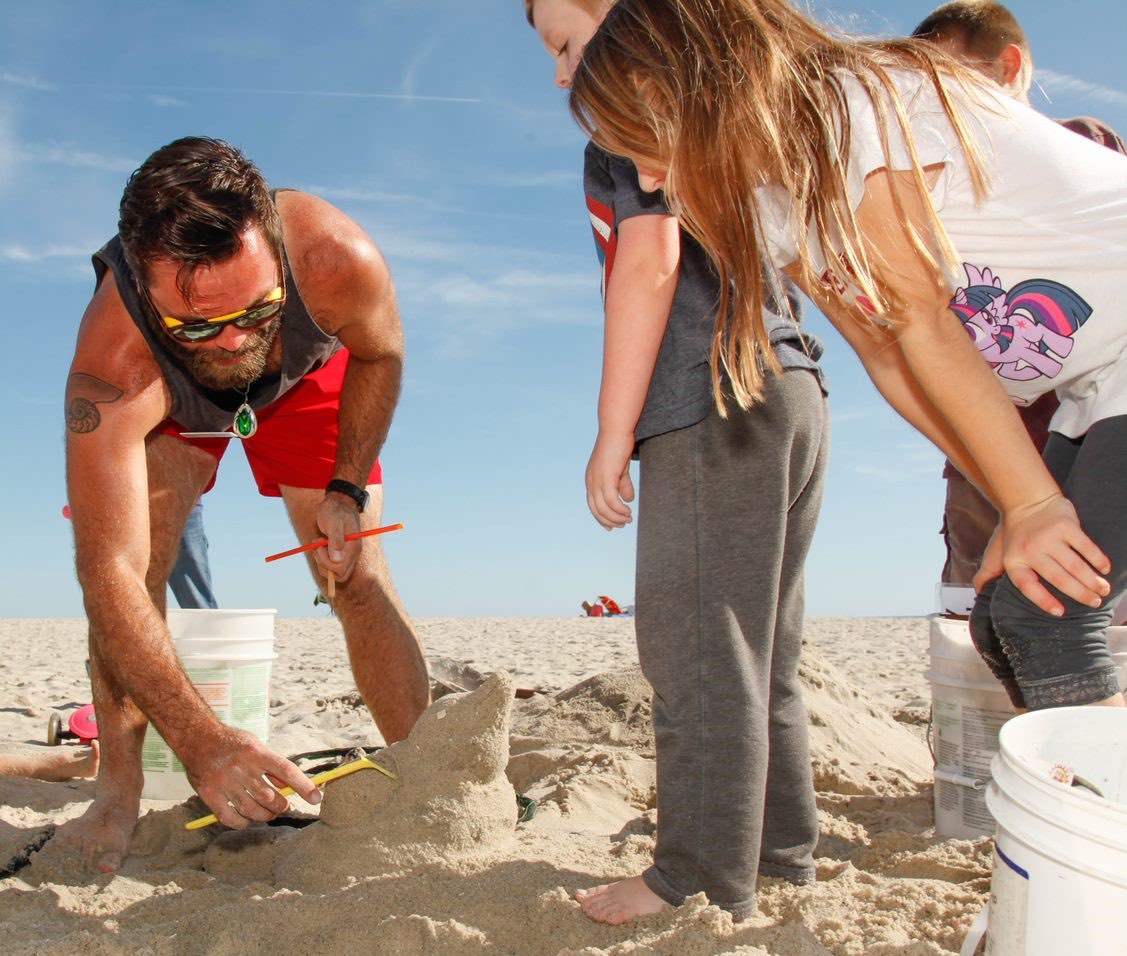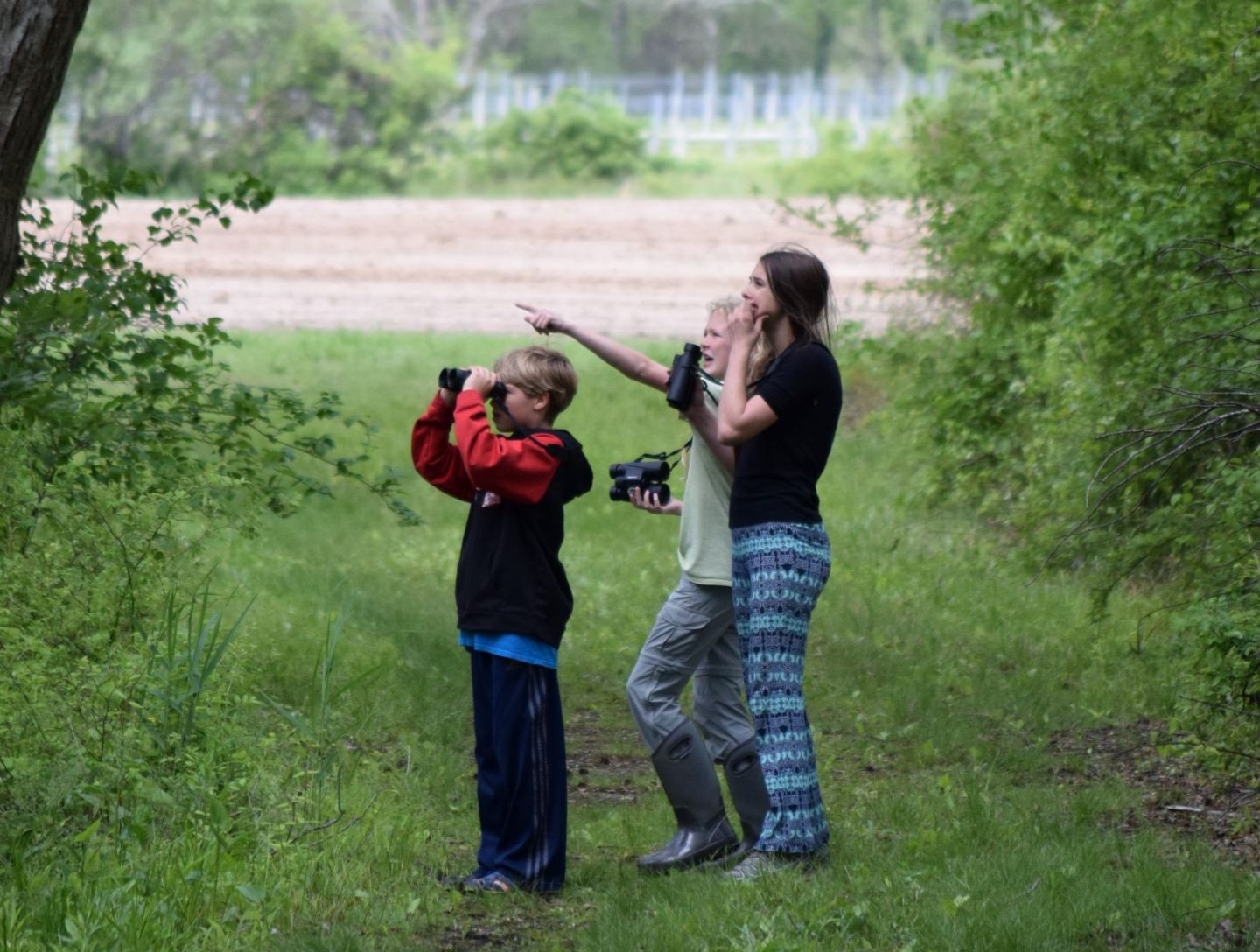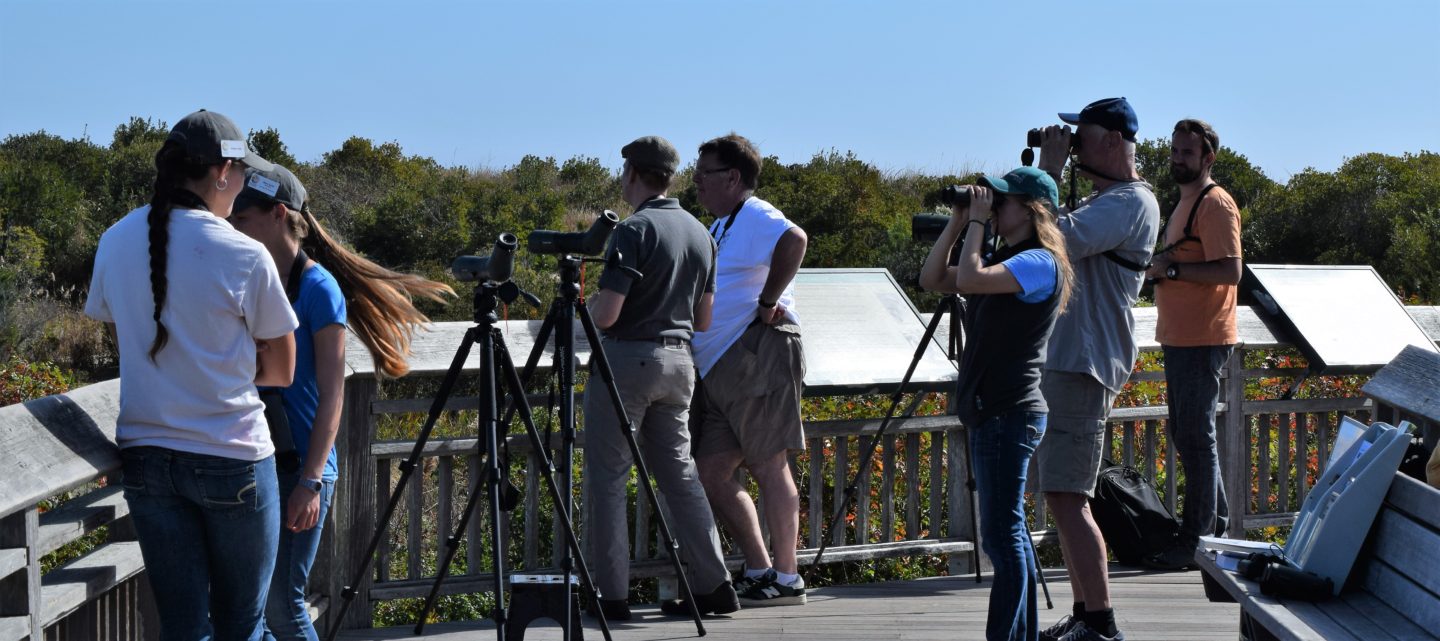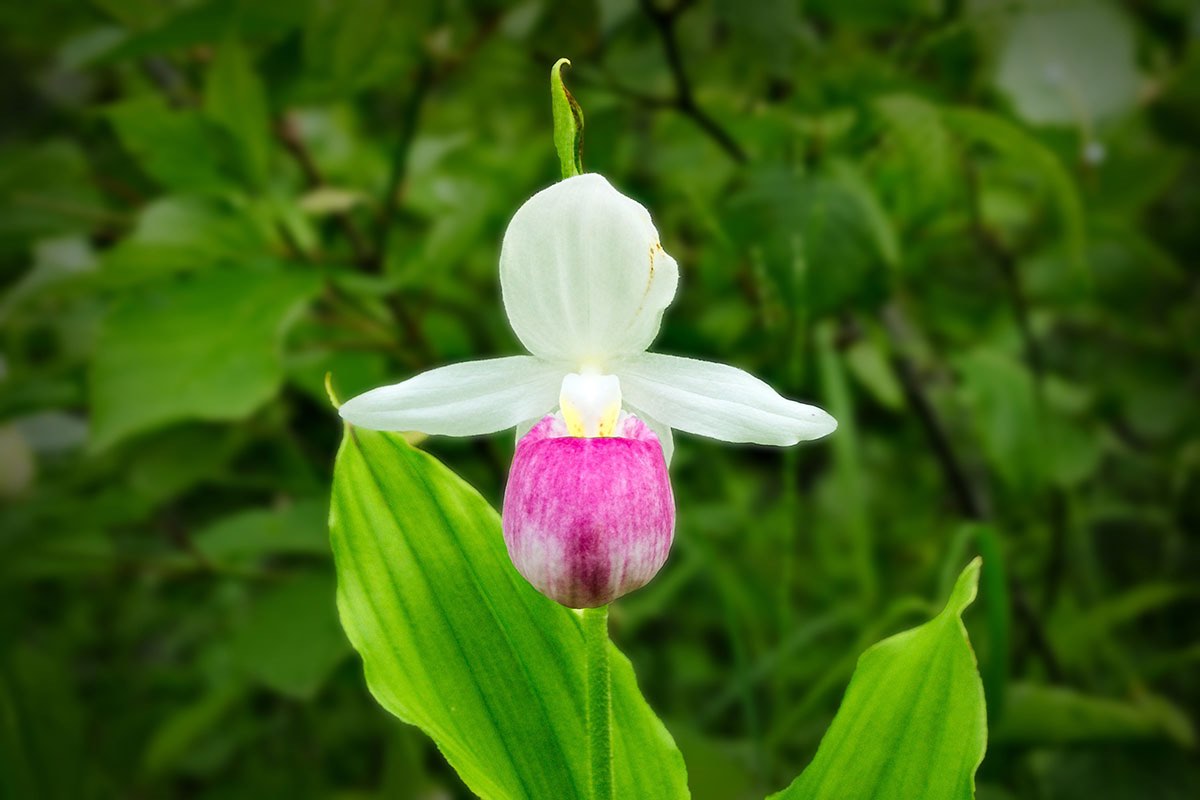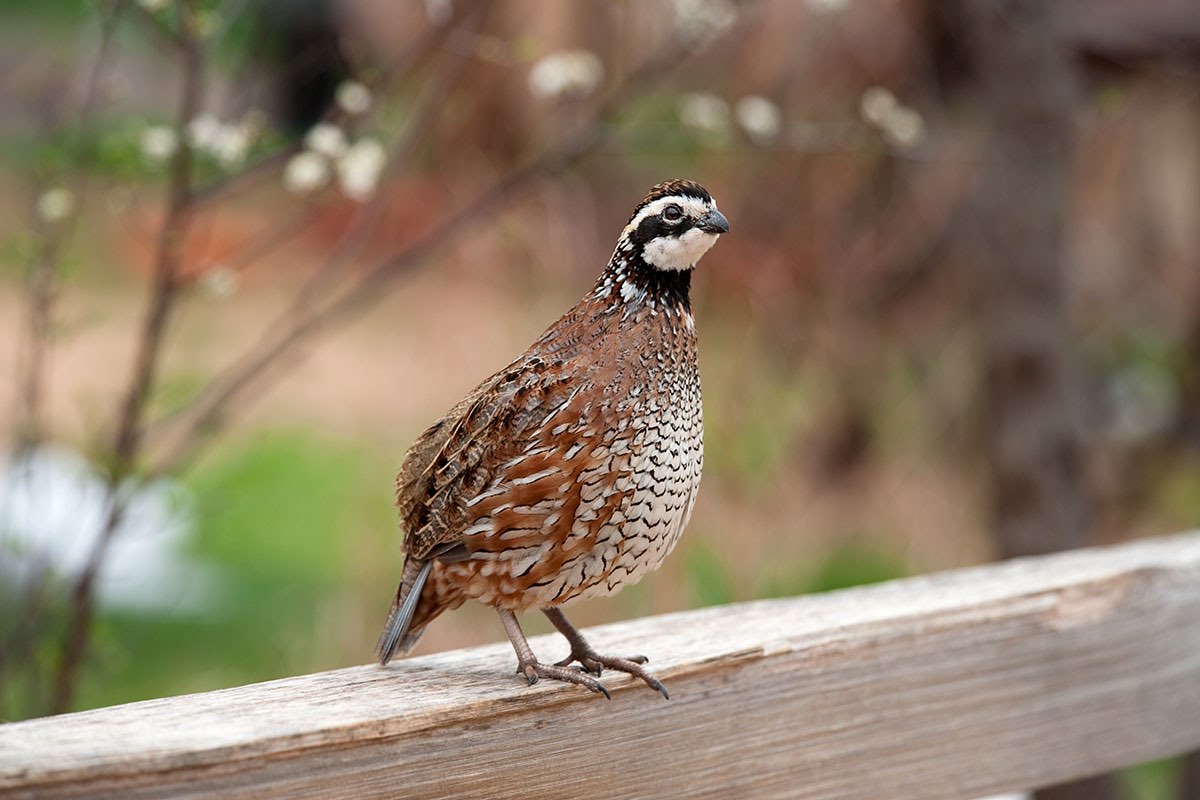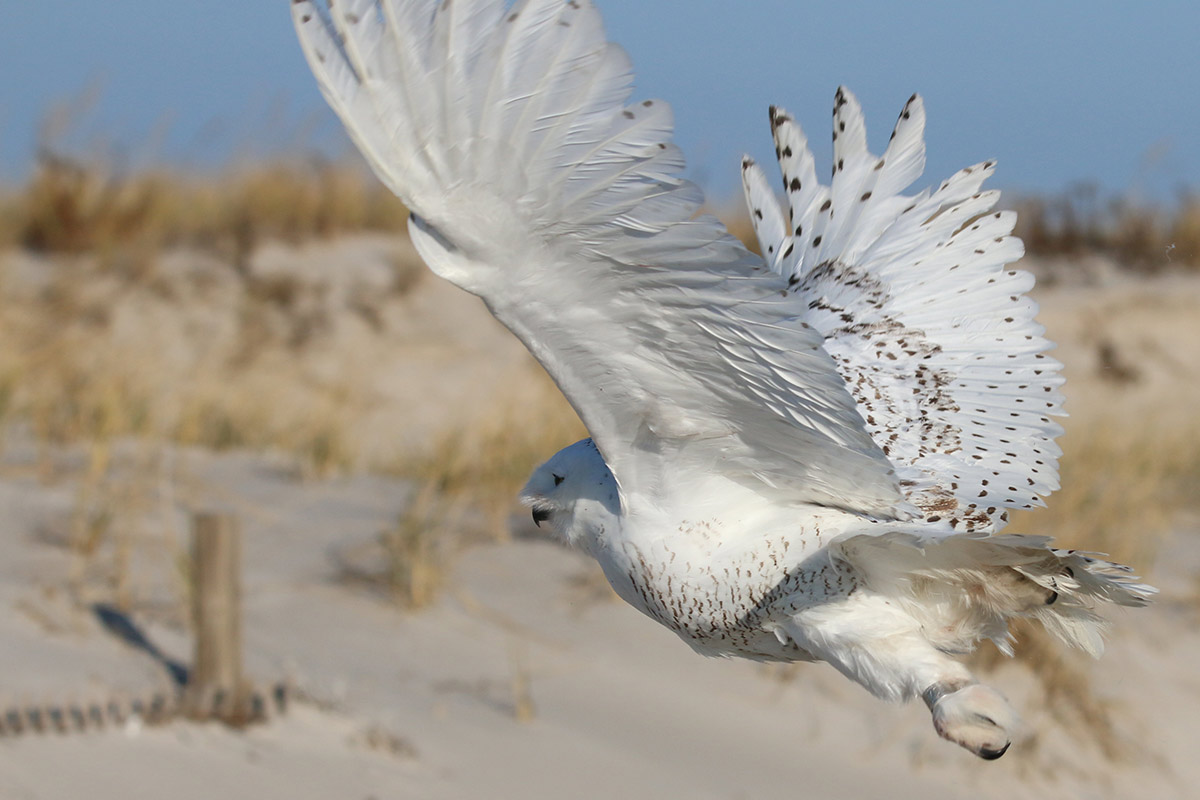Support the 2024 World Series of Birding
It is the 41st year of this amazing birding competition. Create or support a team.
On May 11th count as many birds as you can in 24hrs while raising funds for bird conservation.
Click through for more information.
Cape May Spring Festival
Registration is OPEN
Join us May 16-19 to experience the amazing phenomena of bird migration in one of the top 10 birding destinations in the world, Cape May NJ
Festival program slots and hotels fill up quickly so don’t delay.
Summer Nature Camp Registration is Open
We have amazing nature focused programs lined up for your kids including summer camp programs that you can join your kids on.
Sign Up TodayThe Catch of Cape May
Join us June 3rd as we celebrate NJ Audubon’s Nature Center of Cape May with The Catch of Cape May with Canal Fest
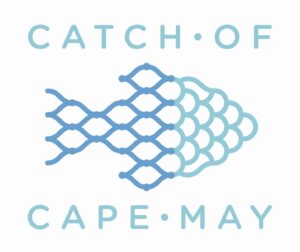
Let’s Go Birding
Check out our latest page that lists all birding events, programs and workshops right at your feather tips
Go BirdingLatest Blog Posts
Check back frequently for updated stories on our habitat restoration projects, major initiatives and conservation related issues.




